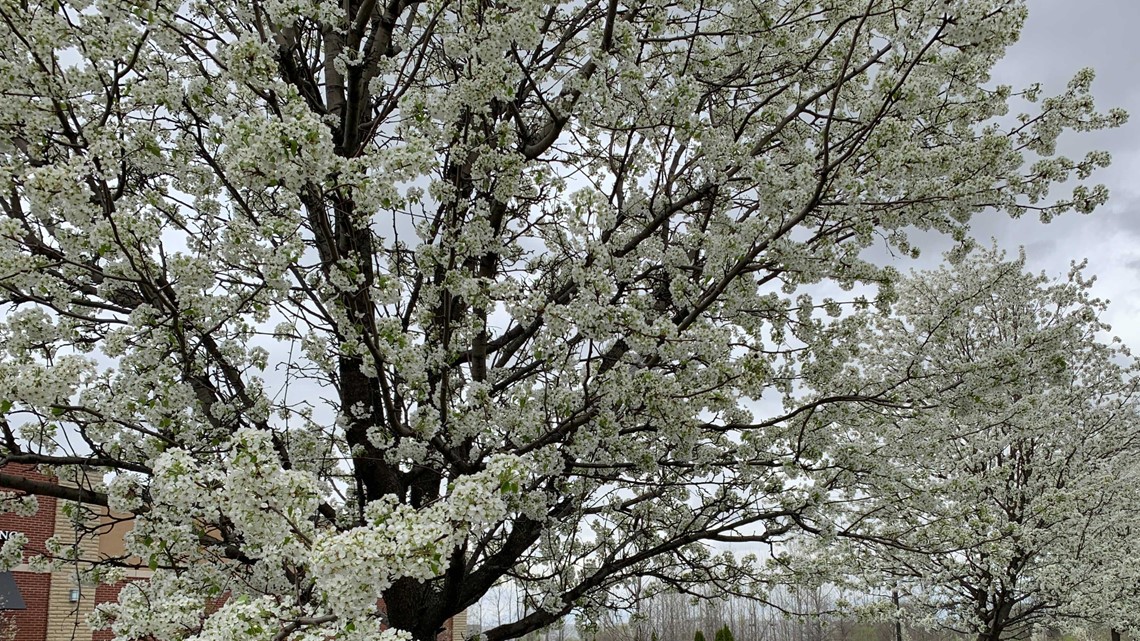NOBLESVILLE, Ind. — Many people are spending more time outside as the temperatures climb.
Many people are also sneezing and sniffling as spring allergies are nearing their peak.
"A lot of people have been having some symptoms for the last few weeks, a huge surge, and that's because we've been seeing a lot of the tree pollen start now in the last few week,” said Dr. Leena Padhye, a board-certified allergist with Family Allergy & Asthma.
The allergy forecast calls for moderate-to-high tree pollen counts in central Indiana for the next week.
"What happens is it gets deposited all over your skin. You breathe it in through your nose. Your eyes get exposed to it,” said Padhye. “So when we see this, our allergy cells in our body, called mast cells, get activated, and they release a bunch of chemicals and sort of enzymes that cause these symptoms."
Itchy, watery eyes, scratchy throat, sneezing, runny nose and post nasal drip are among the symptoms that require a box of facial tissues close by.
Padhye saw patients Thursday at the Family Allergy & Asthma Noblesville location. She says taken daily, over-the-counter second generation antihistamines (like Allegra, Claritin, XYZAL, Zyrtec) offer relief for many.
"The histamine that comes out of your allergy cells, called mast cells, is what causes a lot of these symptoms, the itching, the runny nose, the postnasal drip, the watery eyes. So when you take an antihistamine, that medication blocks histamine receptors so that you don't feel these symptoms as much," said Padhye.
More severe or persistent symptoms may call for a visit to an allergist.


"For some people, it's right to do allergy shots, which are essentially like a vaccine towards allergies,” said Padhye. “So over time, you'll develop a protective antibody so that your body no longer reacts to these pollens in these allergens and you'll feel much better."
Padhye says masks worn due to the pandemic filter some allergens from your airways, but obviously can’t protect eyes and other exposed skin from pollen.
Could allergy symptoms actually be COVID-19?
"Usually, allergies will kind of be slow to start and then get more and more severe as they go,” said Padhye. “Sudden onset of symptoms or symptoms like fevers, or chills or a sudden lack of smell or taste any of these are a little bit more concerning for an underlying illness rather than just allergies."


Between 30 million and 50 million Americans suffer from seasonal allergies.
Other tips for mitigating spring allergies include:
- Limit your time outdoors
- Keep your windows closed
- Use a HEPA filter in your home
- Remove your clothing and shower after coming inside

